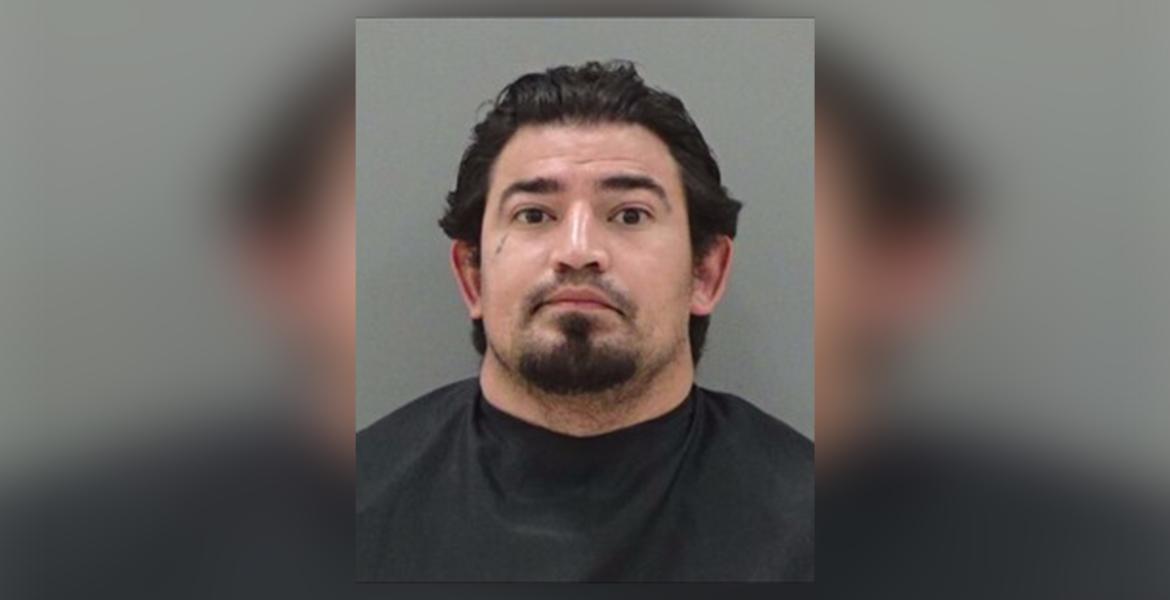The Texas Department of Public Safety (DPS) announced that DPS officers, with the support of the DPS Interdiction for the Protection of Children (IPC) program, rescued 54 missing, exploited, or at-risk children and initiated 33 related criminal investigations in 2015, said a press release Tuesday.
“Because children who go missing are more likely to fall victim and be abused by dangerous and opportunistic criminals, DPS created the IPC program for the sole purpose of protecting children,” DPS Director Steven McCraw, said. “The men and women of DPS are dedicated to rescuing any missing, exploited or at-risk children, and their steadfast and innovative investigative efforts have made Texas a safer place for all kids.”
The IPC program was launched in 2009 and is designed to teach troopers and other law enforcement officers how to recognize indicators of endangered children who do not exhibit obvious signs of abuse. This program offers invaluable and sophisticated training created to assist law enforcement officers in identifying and rescuing missing, exploited or at-risk children, and arresting suspects who harm or endanger children.
As a result of this training, DPS has initiated more than 80 criminal investigations, and rescued more than 200 children since the program’s inception. In 2015 alone, 54 children were rescued by DPS in Texas, and 33 criminal investigations were initiated into various alleged crimes, including:
- 18 cases of sexual assault of a child;
- Nine cases of possession of child pornography;
- Three instances of human trafficking;
- One case of indecency with a child; and
- Two cases of potential registered sex offender non-compliance.
DPS works with various law enforcement, victim services and Child Protective Services agencies to provide IPC training. To date, DPS has provided the IPC training to its own officers as well as other law enforcement, including more than 3,710 officers in Texas and approximately 2,126 officers outside of Texas, nationally and internationally. This training has also assisted other agencies in implementing similar programs within their own jurisdictions.
Subscribe to the LIVE! Daily
Required






Post a comment to this article here: